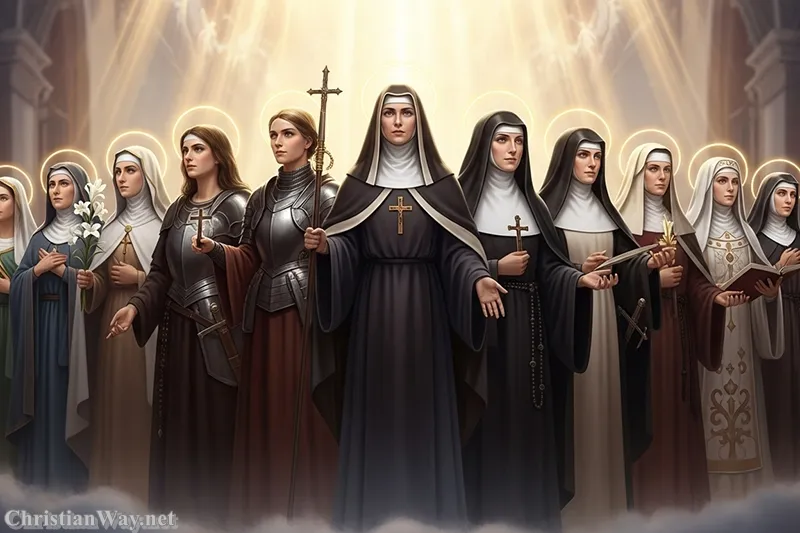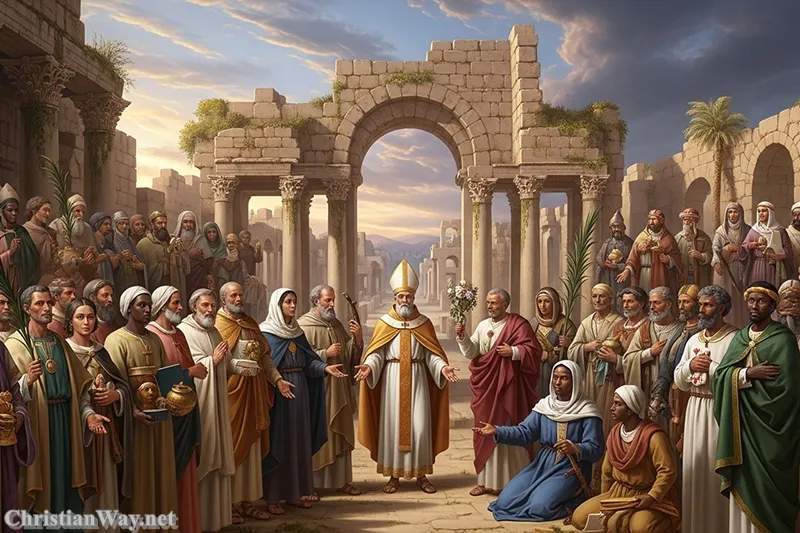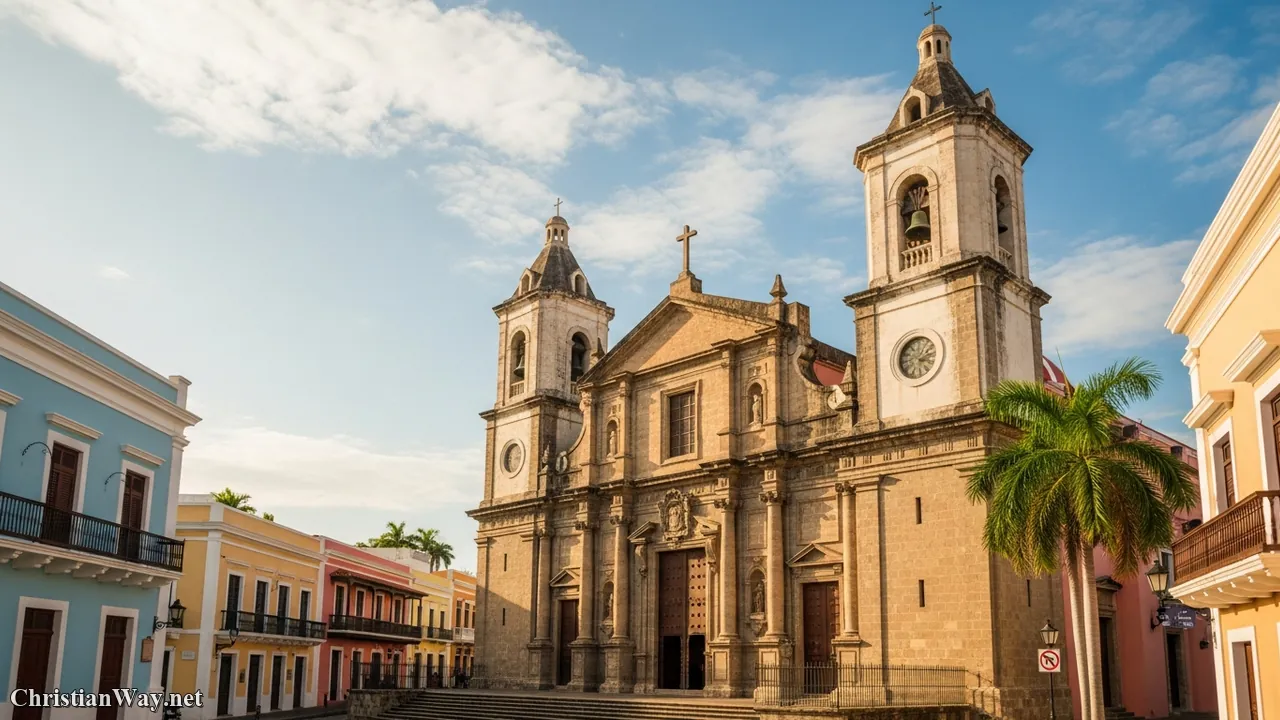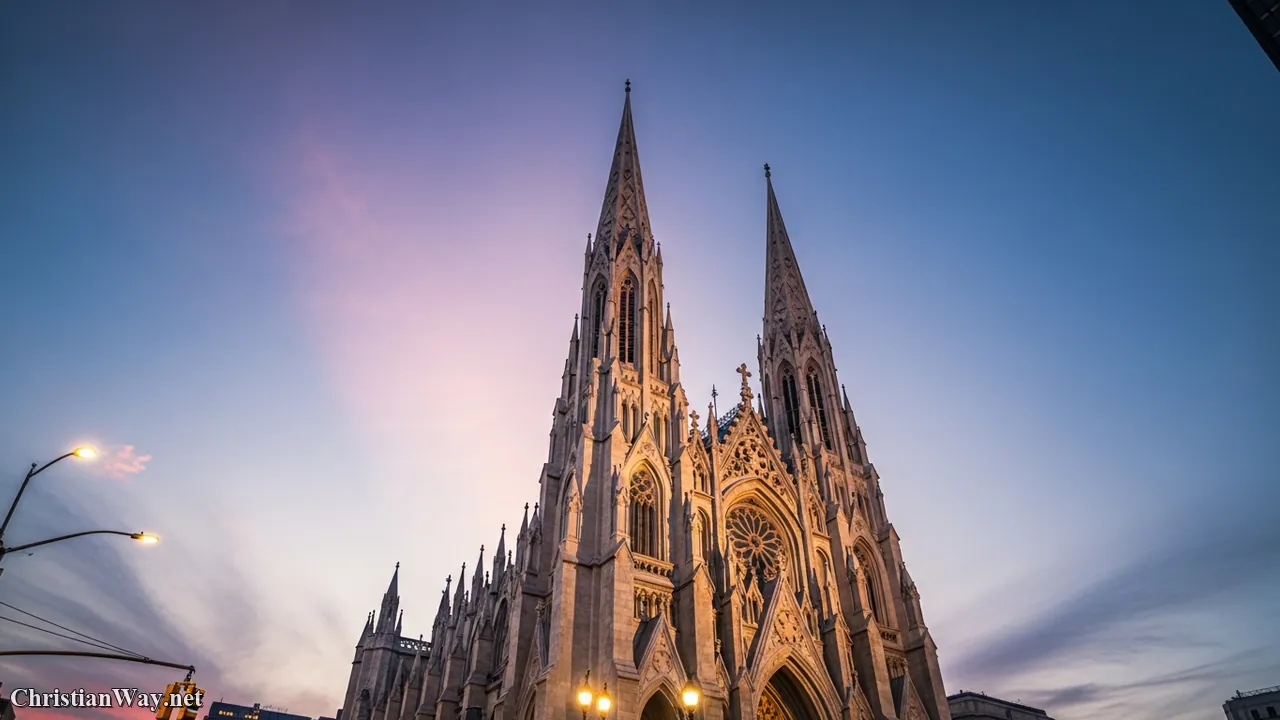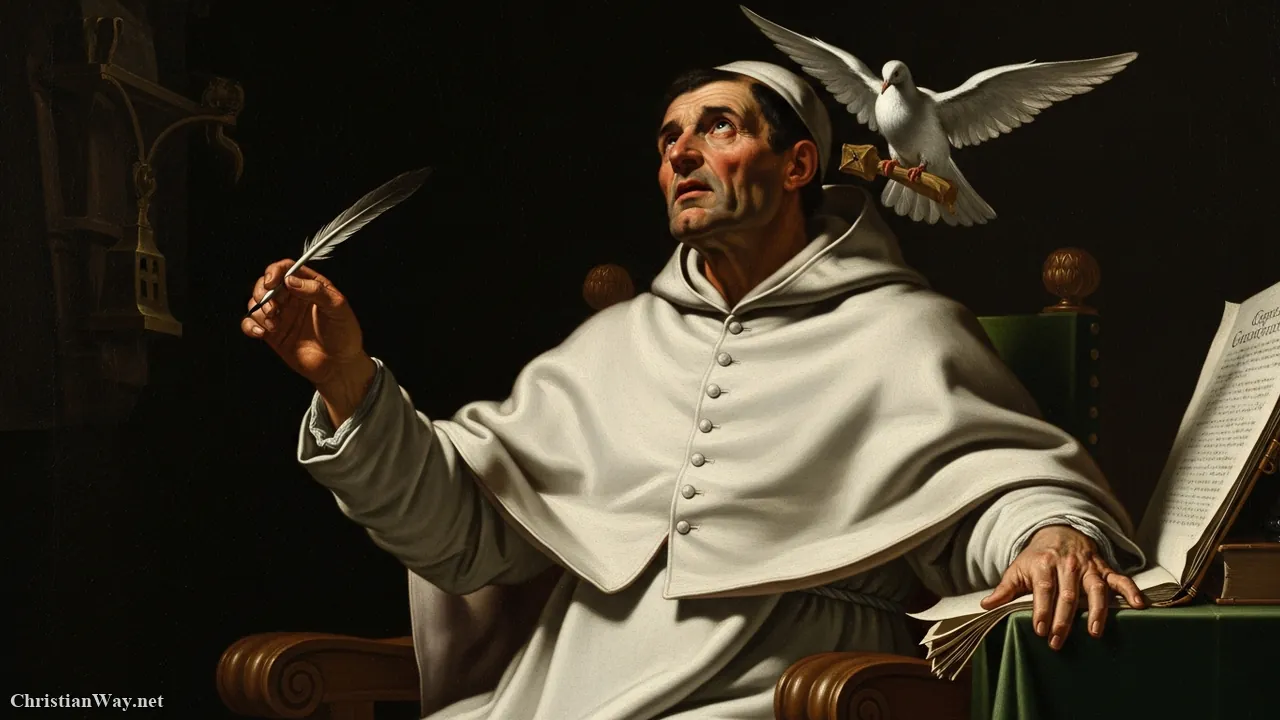Dear friends in Christ,
Every generation of believers faces the same deep question: How does God speak to us today? Is His voice confined to the ancient pages of Scripture, or does it continue to echo through the living faith of His people? For Catholics, the answer is both simple and profound — God’s Word is not a relic of the past but a living reality, carried forward through both the Holy Bible and Sacred Tradition.
This truth lies at the very heart of the Catholic understanding of Revelation: that God has spoken fully in His Son, Jesus Christ, and that His voice continues to resound through the Scriptures and the life of the Church. The Bible, inspired by the Holy Spirit, is the written Word of God. Yet the Church also holds that Sacred Tradition — the living transmission of faith from the apostles through their successors — is equally a channel through which God’s truth reaches us.
Together, Scripture and Tradition form one sacred deposit of faith, guarded and interpreted by the Church under the guidance of the Holy Spirit. In this reflection, let us walk gently through the mystery of how the Catholic Church treasures both — not as separate realities, but as two movements of the same divine breath that reveals God’s love to the world.
📜 The Word of God: One Source, Two Streams
The Unity of Revelation
The Church teaches that there is one Revelation — God’s self-disclosure in Jesus Christ. As the Second Vatican Council’s document Dei Verbum declares:
“Sacred Tradition and Sacred Scripture form one sacred deposit of the Word of God, committed to the Church.” (Dei Verbum, 10)
This means that the Bible and Tradition are not two rival authorities but two complementary expressions of the same divine reality. Scripture is the written testimony of God’s Word, while Tradition is the living memory of that Word at work in the Church. Both flow from Christ, who is Himself the fullness of Revelation.
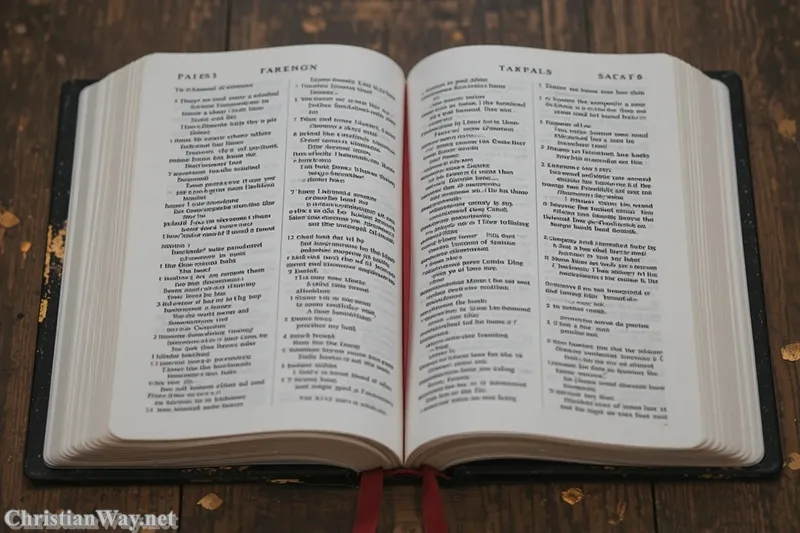
When the apostles preached the Gospel, they did not hand out written texts. They proclaimed what they had seen and heard — the Word made flesh. Only later were some of these teachings written down by the inspiration of the Spirit. But long before the New Testament took shape, the Church was already alive and growing, celebrating the Eucharist, baptizing, and teaching the faith.
Thus, the Catholic understanding of Revelation is not “Bible alone,” but Bible within the living Tradition of the Church.
📖 The Catholic Bible: The Written Word of God
Inspired by the Holy Spirit
The Catholic Church holds with reverence that the Scriptures are “inspired” — that is, written by human authors under the guidance of the Holy Spirit. In them, God speaks in human language. St. Paul tells us,
“All Scripture is inspired by God and profitable for teaching, for reproof, for correction, and for training in righteousness.” (2 Timothy 3:16)
The word “inspired” literally means “breathed in.” The same Spirit who breathed life into Adam’s nostrils breathes divine truth into the pages of Scripture. The result is a text that is both fully human and fully divine — written through human hands, yet filled with the life of God.
The Canon of Scripture
The Catholic Bible contains 73 books: 46 in the Old Testament and 27 in the New. This includes the so-called Deuterocanonical books (such as Tobit, Sirach, Wisdom, Baruch, and Maccabees), which are found in the ancient Greek translation of the Old Testament, the Septuagint, but are not included in most Protestant Bibles.
The Church recognizes these books because they were used in the early Christian liturgy and accepted as inspired by the apostolic community. When the councils of Hippo (393) and Carthage (397) affirmed the canon of Scripture, they were confirming what the Church had already been living — not creating something new.
In this sense, the Church did not “add to” the Bible but rather received and preserved what had been handed down through the Spirit’s guidance.
Reading the Bible in the Heart of the Church
The Catholic way of reading Scripture is always in communion with the Church — not as an isolated act of private interpretation, but as participation in the living Body of Christ. The same Spirit who inspired the sacred authors continues to guide the Church in understanding the text.
As St. Augustine once said, “I would not believe the Gospel, had not the authority of the Catholic Church moved me.” His words remind us that the Bible was born from the heart of the Church and remains fully alive only within that heart.
🕊️ Sacred Tradition: The Living Memory of the Church
What Is Sacred Tradition?
Sacred Tradition is not merely a collection of old customs or human opinions. It is the living transmission of the faith — the Word of God entrusted by Christ to the apostles and handed on by their successors, the bishops, under the guidance of the Holy Spirit.
While Scripture records God’s Word in writing, Tradition preserves and unfolds that same Word through the Church’s teaching, worship, and life. The Catechism explains:
“Through Tradition, the Church, in her doctrine, life and worship, perpetuates and transmits to every generation all that she herself is, all that she believes.” (CCC 78)
We might say that Tradition is like the living voice of Christ speaking through His Bride, the Church.
Examples of Sacred Tradition
Many essential elements of Christian faith come to us through Sacred Tradition rather than through direct Scriptural quotation:
- The canon of the Bible itself (which books belong to Scripture)
- The practice of infant baptism
- The Sunday observance of the Lord’s Day
- The Trinitarian formula used in baptism
- The belief in the perpetual virginity of Mary
- The creeds and definitions of the early Church councils
Each of these, while rooted in Scripture, also arises from the Church’s living faith and experience guided by the Holy Spirit.
The Role of the Holy Spirit
It is the Holy Spirit who ensures that Tradition remains alive, faithful, and true. Without the Spirit, Tradition would become mere history; but with the Spirit, it becomes the living breath of God’s truth through the ages. Jesus promised this when He said:
“The Helper, the Holy Spirit, whom the Father will send in My name, He will teach you all things and bring to your remembrance all that I have said to you.” (John 14:26)
This is the heart of Tradition: the Spirit reminding the Church of everything Christ taught — not by adding new revelations, but by deepening our understanding of what has already been revealed.
🕯️ Scripture, Tradition, and the Magisterium: The Threefold Cord
In Catholic teaching, Scripture, Tradition, and the Magisterium (the teaching authority of the Church) form what is often called a “threefold cord.” Each depends on the other and cannot stand alone.
Dei Verbum puts it this way:
“It is clear, therefore, that sacred Tradition, Sacred Scripture, and the teaching authority of the Church are so linked and joined together that one cannot stand without the others.” (DV 10)
The Magisterium’s Role
The Magisterium — that is, the Pope and bishops in communion with him — serves not as the master of God’s Word, but as its faithful servant. The Church does not invent truth but safeguards it, interprets it authentically, and applies it to new circumstances.
When controversies arise or confusion threatens the unity of faith, it is the Magisterium that clarifies and defends the authentic meaning of Scripture and Tradition. This is not an exercise of human power, but of spiritual guardianship.
As Christ told His apostles:
“He who hears you hears Me.” (Luke 10:16)
🌿 The Harmony of Word and Life
The Word Made Flesh
The unity of Scripture and Tradition reflects the mystery of the Incarnation itself. Just as Jesus Christ is both divine and human, so too God’s Word is both written and lived. In Scripture, we hear the Word proclaimed; in Tradition, we see it embodied in the life of the Church.
Every sacrament, every prayer, every act of charity — all of it is the living continuation of God’s Word taking flesh in His people. The Gospel is not simply read; it is lived, sung, prayed, and shared.
The Liturgy as the Home of the Word
Nowhere is the harmony of Scripture and Tradition more visible than in the Holy Mass. Every part of the liturgy flows from both. The readings proclaim Scripture; the prayers, gestures, and sacraments express Tradition. Together they make present the living Christ.
When the deacon or priest proclaims, “The Word of the Lord,” and the congregation responds, “Thanks be to God,” we are not only acknowledging a sacred text but affirming that the same God who spoke to Israel and through the apostles still speaks today — through His Church.
The Faith of the Saints
Throughout history, the saints have embodied this unity. St. Jerome, the great translator of Scripture, declared, “Ignorance of Scripture is ignorance of Christ.” Yet St. Irenaeus, centuries earlier, insisted that the apostolic faith was preserved through the Church’s living Tradition.
Both are true — and together they remind us that God’s Word is not a book to be studied in isolation, but a living relationship to be entered with the whole Church.
💫 Faith in a Living Word
In a world flooded with information and opinions, Catholics are called to return to the living Word of God, not as an artifact of the past but as the breath of the present. The Bible, illuminated by Tradition and interpreted by the Church, becomes not merely a text to be analyzed but a place of encounter.
Every time we open the Scriptures, we stand before the same Christ who walked the roads of Galilee. Every time we receive the teaching of the Church, we hear the voice of the Shepherd who continues to guide His flock.
God’s Word is not static; it is living and active (Hebrews 4:12). And in the Catholic heart, it continues to grow — through prayer, study, worship, and the faithful transmission of what the apostles first received.
🙏 Reflect and Pray
Beloved brothers and sisters, may we treasure the Word of God as the Church has — not only in the sacred pages of Scripture, but in the living witness of Tradition. Let us listen to both with the ears of faith, knowing that in them we meet the same Christ who speaks yesterday, today, and forever.
“Lord Jesus, Word made flesh,
Open our hearts to hear Your voice in the Scriptures,
and to live Your truth in the Tradition of Your Church.
May Your Spirit guide us always into the fullness of truth,
that we may walk in Your light and proclaim Your love to the world.
Amen.”
— Fr. John Matthew, for Christian Way
